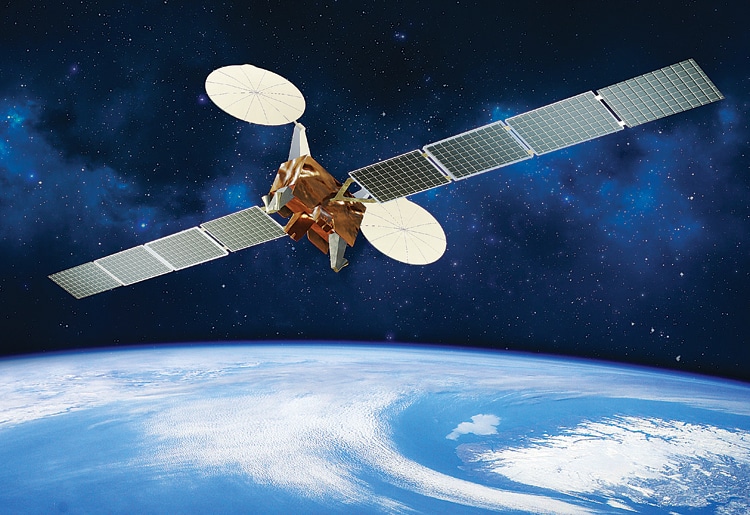Government Ensures Fair Play in Satellite Communications

The Indian government is taking steps to create a balanced environment for satellite communication providers and terrestrial telecom operators. This comes amid significant lobbying from major telecom companies like Reliance Jio and Airtel. These companies have raised concerns about the administrative allocation of spectrum to multinational satellite communication providers, such as Elon Musk’s Starlink and Amazon’s Project Kuiper. The government has assured that it will maintain a “level-playing field” between these two technologies, ensuring fair competition and security.
Government’s Commitment to Fair Competition
The Minister of State for Telecom, Pemmasani Chandra Sekhar, addressed these concerns in the Lok Sabha. He emphasized that spectrum assigned administratively is also chargeable, contributing to government revenue. The Department of Telecom (DoT) has sought recommendations from the Telecom Regulatory Authority of India (Trai) regarding the terms and conditions for spectrum assignment. This includes spectrum pricing for licensees intending to provide satellite-based communication services. The goal is to ensure that satellite communication providers operate under similar conditions as terrestrial service providers.
Chandra Sekhar also highlighted the importance of security in the allocation process. He stated that there are checks in place to prevent non-state actors or hostile nations from misusing satellite communication services against India. The DoT grants authorizations under the Unified License for satellite-based commercial communication services. This means that any applicant can receive a satellite-based communication license, provided they comply with the necessary licensing terms and security conditions.
Concerns from Terrestrial Network Providers
Telecom operators have voiced strong objections to the government’s approach of allocating spectrum to satellite communication companies without auctions. They argue that satellite players should also be required to bid for spectrum, as they do. The government had previously decided to eliminate auctions for satellite players, opting instead for administrative allocation at pre-announced prices. This has led to a growing tension between terrestrial network providers and satellite companies.
Starlink, one of the prominent satellite communication companies, has had its application pending with the government for over two years. The primary concerns revolve around security issues. Telecom Minister Jyotiraditya Scindia has expressed a willingness to welcome Starlink into the Indian market, but only after it meets all mandated procedures and addresses the security concerns raised by authorities. This insistence on compliance underscores the government’s commitment to national security while fostering innovation in the telecommunications sector.
The Path Forward for Satellite Communication Providers
The government has made it clear that satellite communication companies must adhere to specific conditions to receive their licenses. Minister Scindia reiterated that there is a structured process in place. Companies must “check all the boxes” to gain approval. This means that compliance with security protocols is non-negotiable. The government aims to ensure that all potential risks are mitigated before granting licenses to satellite providers.
While the government has indicated that satellite companies do not need to go through spectrum auctions, it has also stressed the importance of following the established procedures. This approach aims to balance the interests of both terrestrial and satellite service providers while ensuring that national security remains a top priority. As the landscape of telecommunications continues to evolve, the government’s actions will play a crucial role in shaping the future of satellite communication in India.
Observer Voice is the one stop site for National, International news, Sports, Editor’s Choice, Art/culture contents, Quotes and much more. We also cover historical contents. Historical contents includes World History, Indian History, and what happened today. The website also covers Entertainment across the India and World.

